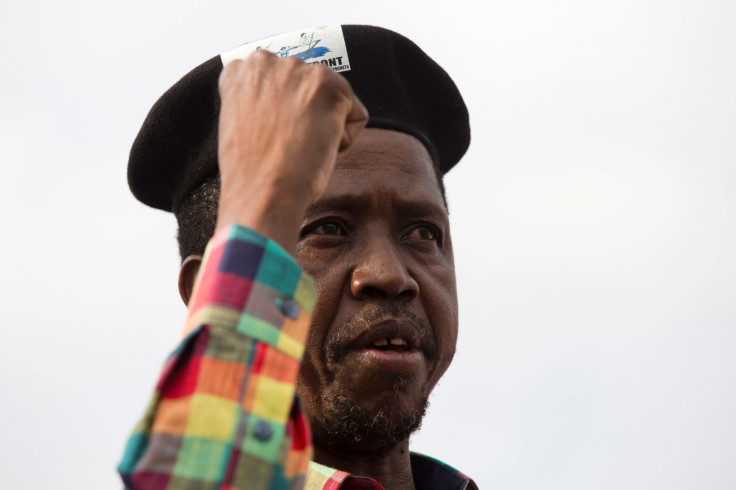Rights organisations urge Zambia to remain in ICC amid claims human rights are "steadily declining"
There have been concerns about a mass African exodus from the world court.

A group of African organisations and international NGOs have urged Zambia to remain in the International Criminal Court (ICC), amid concerns of an African exodus from the world court.
Having ratified the ICC treaty in 2000, Zambia is now considering its membership. In March, the African nation launched a public consultation as the country looks to decide whether to remain or leave as a member of the International Criminal Court (ICC).
It comes after three states – Burundi, the Gambia and South Africa – last year announced their plans to leave the court, leading the African Union summit to adopt in January an "ICC withdrawal strategy", to which Zambia initially emitted some reservations.
"Zambia has much to gain by staying with the ICC," said Boniface Cheembe, executive director of Zambia's Southern African Centre for the Constructive Resolution of Disputes. "Zambia has been a role model on the continent in matters of peace, democracy, and human rights. Leaving the ICC would erode the country's leadership and threaten respect for the rights of victims of the most brutal crimes across Africa."
Praising Zambia's "proud history" in the establishment of the ICC, through its Southern Africa Development Community (SADC) membership, the organisations called for Zambia to remain within the ICC, a court of last resort that has the authority to try genocide, war crimes, and crimes against humanity.
The consultation comes as the respect of human rights has been "steadily declin(ing) in Zambia since the PF government came into power in 2011", according to Human Rights Watch.
"We would encourage Zambia to reaffirm its support for the court, particularly in the absence of any functioning regional criminal court that can hold perpetrators to account," said Kaajal Ramjathan-Keogh, executive director at the Southern Africa Litigation Centre. "Zambia's moves to reconsider its ICC membership raise concern."
The organisations released an online video of African activists talking about the ICC's role in the fight against impunity.
Since the court's treaty opened for signature in 1998, 124 countries have become members.
While Burundi is pushing forward with its withdrawal, new Gambian President Adama Barrow has cancelled the ICC withdrawal process which began last year by his predecessor Yahya Jammeh.
"The ICC has room for improvement, but it offers hope to victims who have nowhere else to turn for justice," said Dewa Mavhinga, Southern Africa director at Human Rights Watch. "The court serves African victims who have suffered atrocities."
Botswana, Burkina Faso, Côte d'Ivoire, Democratic Republic of Congo (DRC), Ghana, Lesotho, Mali, Malawi, Nigeria, Senegal, Sierra Leone, Tanzania, and Tunisia have since affirmed their commitment to remain in the ICC and to work for any reform as ICC members.
© Copyright IBTimes 2024. All rights reserved.






